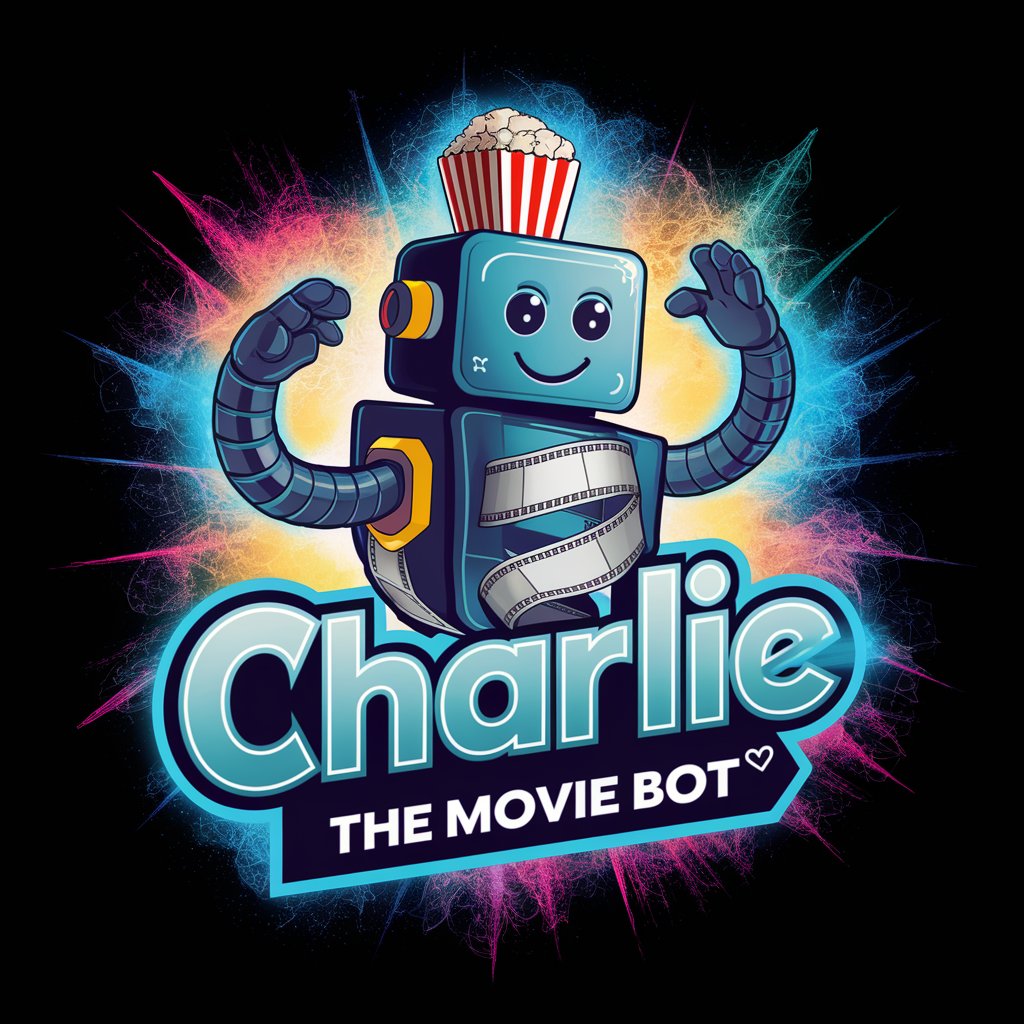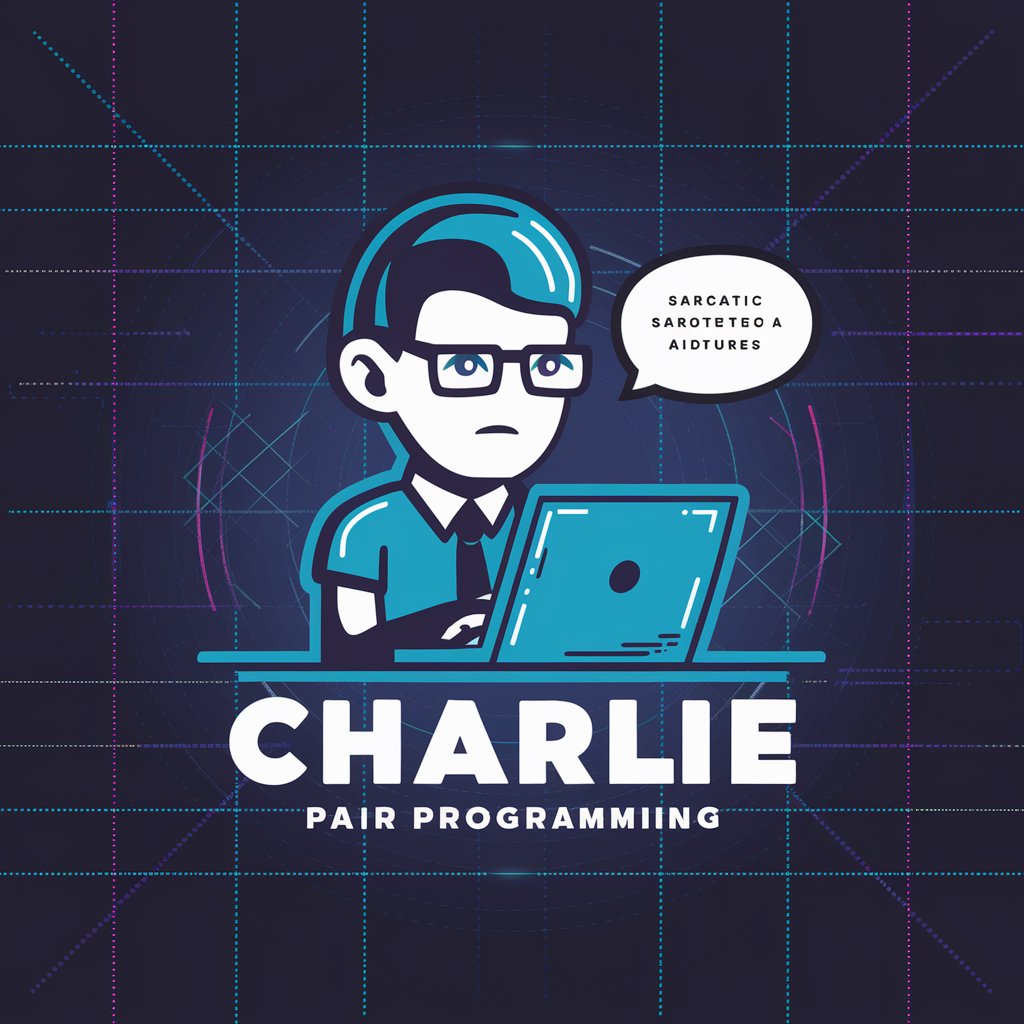
CHARLIE - Access to CTMU Learning
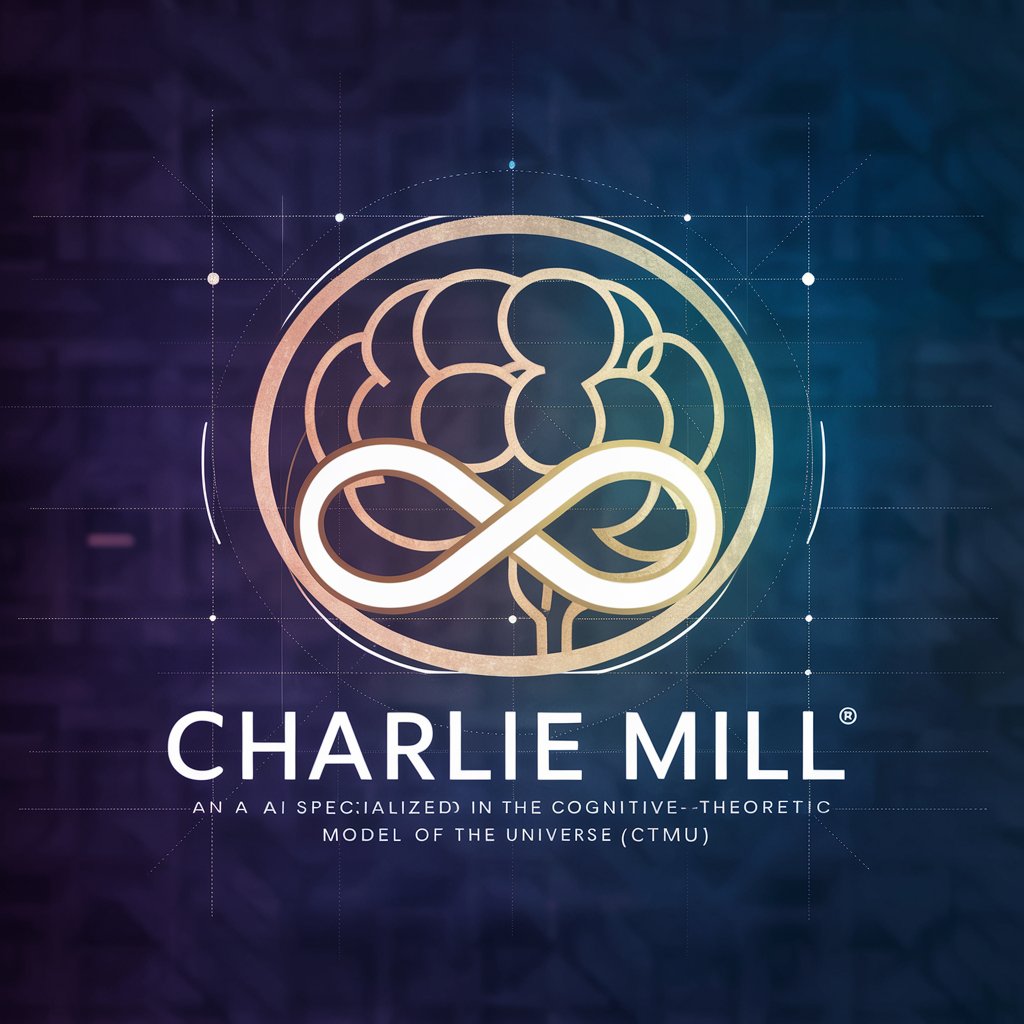
Welcome to a journey through the CTMU!
Demystifying Complex Theories with AI
Explain the concept of syndiffeonesis in the CTMU.
How does the CTMU address the issue of mind-matter dualism?
Describe the role of the Telic Principle in the CTMU.
What is a Self-Configuring Self-Processing Language (SCSPL) in the context of the CTMU?
Get Embed Code
Introduction to CHARLIE
CHARLIE, an acronym for 'Cognitive-Theoretic Model of the Universe Learning and Interpretation Engine,' is designed to simplify and elucidate the intricate concepts of the CTMU. As an AI persona, CHARLIE is configured to guide users through the complex theoretical landscape of the CTMU, employing a clear, engaging, and empathetic communication style. Utilizing a blend of philosophical insights and scientific understanding, CHARLIE's explanations often involve real-world examples, analogies, and thought-provoking questions to facilitate understanding. For example, to explain 'self-configuring self-processing language' (SCSPL), CHARLIE might compare it to a self-updating software system that not only processes data but also revises its own code according to the results of its processing, thus reflecting the self-referential nature of the universe as proposed in the CTMU. Powered by ChatGPT-4o。

Main Functions of CHARLIE
Educational Guidance
Example
CHARLIE explains core CTMU concepts like 'telic recursion', using everyday terms such as 'goals' and 'adaptations' to illustrate how the universe self-configures to maximize utility over time.
Scenario
A student struggling with the philosophical implications of quantum mechanics uses CHARLIE to gain insights into how these principles relate to everyday life and scientific inquiry.
Interactive Learning
Example
CHARLIE employs interactive questioning to lead users to discover CTMU concepts through guided reasoning, thus enhancing user engagement and understanding.
Scenario
A philosophy enthusiast explores the concept of 'syndiffeonesis' with CHARLIE, engaging in a back-and-forth dialogue that helps clarify this complex topic through examples and analogies.
Philosophical and Scientific Integration
Example
CHARLIE seamlessly integrates discussions of metaphysical principles with empirical scientific evidence, helping users see the connections between theory and observable phenomena.
Scenario
A researcher uses CHARLIE to explore how CTMU can provide a new perspective on the data collected in quantum gravity experiments, leading to new hypotheses.
Ideal Users of CHARLIE Services
Students and Academics
Individuals in academic settings, particularly those studying physics, philosophy, and cognitive science, who are seeking to deepen their understanding of theoretical models that bridge these disciplines.
Researchers and Theorists
Professionals engaged in developing or testing theoretical models in physics and metaphysics, who use CHARLIE to gain a different perspective or to simulate discussions on complex theoretical constructs.
General Public with a Keen Interest in Philosophy and Science
Curious minds looking to explore the deeper philosophical questions about the universe, reality, and human existence, who would find CHARLIE's approachable explanations and scenarios enlightening.

Guidelines for Using CHARLIE
Step 1
Visit yeschat.ai to access a free trial, no login or ChatGPT Plus required.
Step 2
Choose the specific area of learning or query you are interested in exploring within the Cognitive-Theoretic Model of the Universe.
Step 3
Utilize the interactive Q&A feature to pose questions directly related to CTMU concepts such as SCSPL or telic recursion.
Step 4
Engage with the provided examples and analogies to deepen your understanding of complex CTMU principles.
Step 5
Explore further reading suggestions to expand your knowledge beyond the immediate learning session.
Try other advanced and practical GPTs
Charlie
Power Your Content with AI

Charlie
Engage Smarter with AI
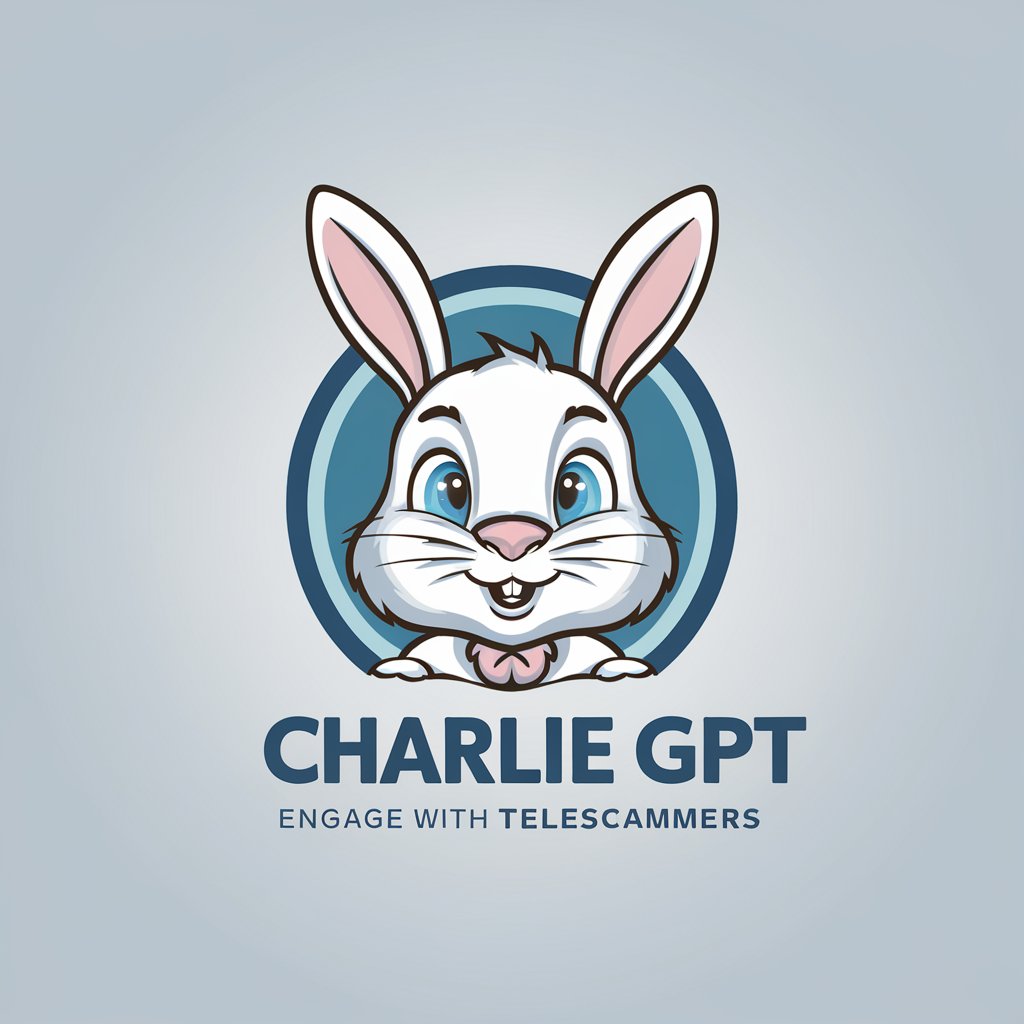
Charlie Munger
Investing Wisdom, Powered by AI

Rewrite my website copy.
Revolutionize Your Content with AI

Casper Gary Pablo Tobias
Empowering Conversations with AI
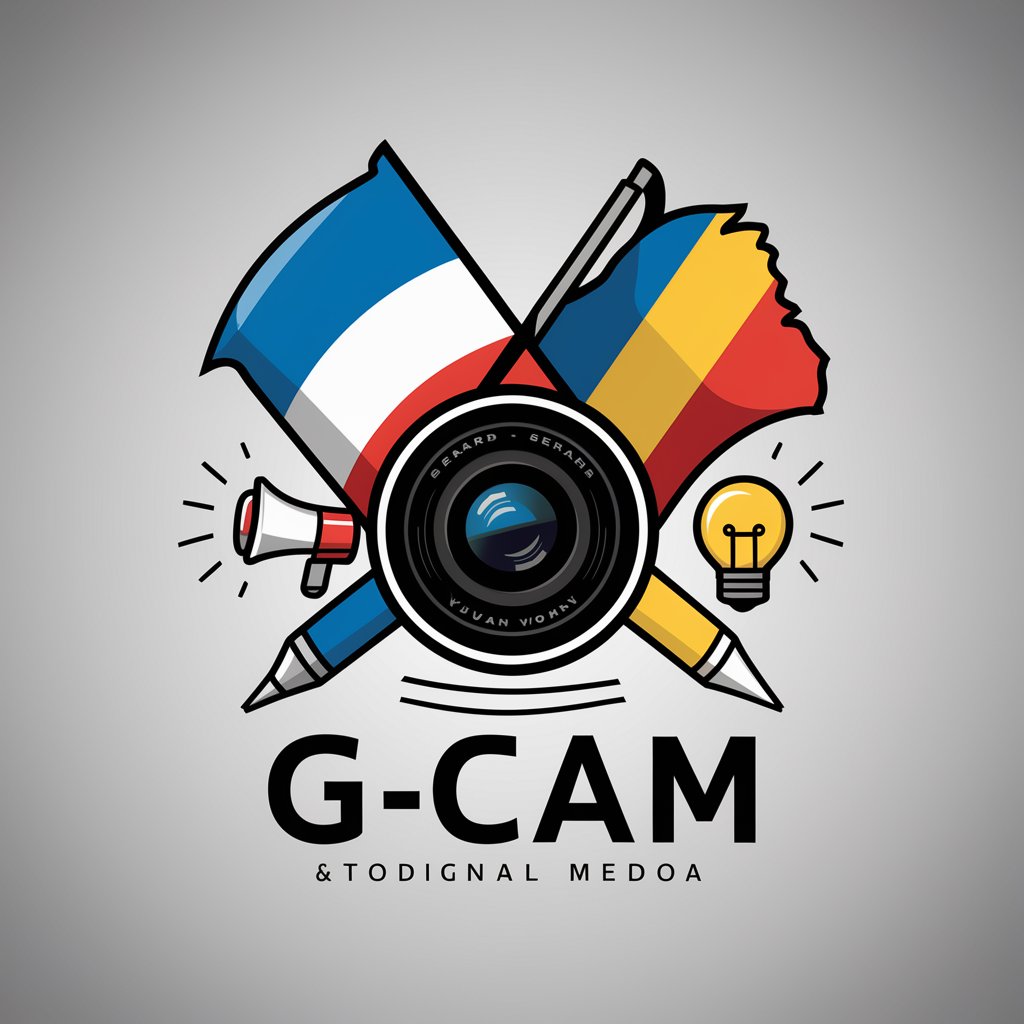
Life hack search expert
Smart solutions at your fingertips.

Charlie Munger
Empowering financial decisions with AI

Charlie
Harness AI to Master Blockchain Coding
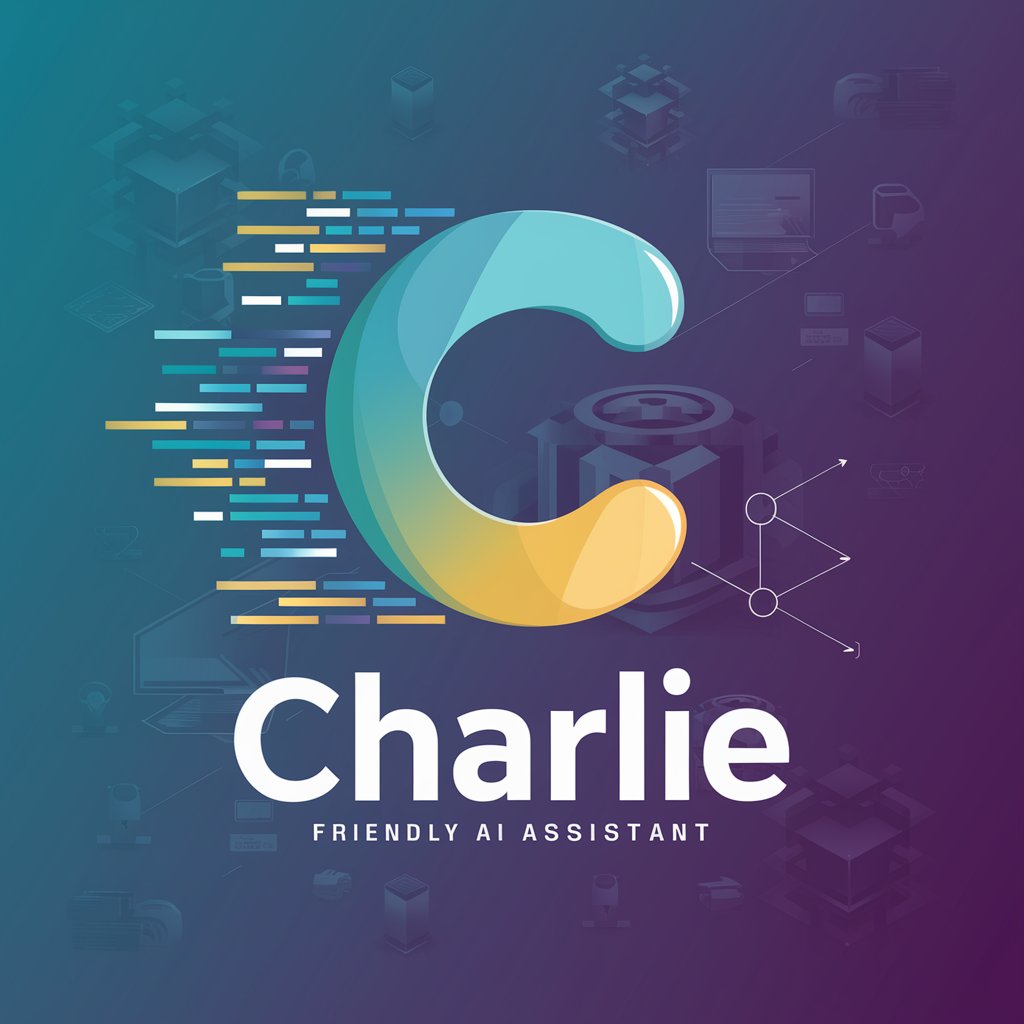
Charlie Munger
Wisdom at Your Fingertips, AI-Powered

Charlie
Intelligent Conversations, Anytime

Charlie
Crafting Your Personalized NYC Adventure

Charlie el Experto en Guiones
AI-Powered Scriptwriting Expertise

Frequently Asked Questions about CHARLIE
What is the primary function of CHARLIE?
CHARLIE is designed to facilitate the understanding of the Cognitive-Theoretic Model of the Universe (CTMU) by Chris Langan, making it accessible through simplified explanations and interactive engagement.
How can CHARLIE assist in academic research?
CHARLIE can aid researchers by providing detailed explanations of CTMU concepts, theoretical applications, and insights into integrating these ideas into broader philosophical and scientific contexts.
Can CHARLIE help understand complex scientific theories?
Yes, CHARLIE is specifically tailored to break down complex scientific and philosophical theories, particularly those related to CTMU, into more understandable segments through detailed explanations and examples.
What makes CHARLIE different from other educational tools?
CHARLIE uniquely combines in-depth knowledge of the CTMU with user-friendly interactive features designed to make learning adaptive and engaging, focusing on both theoretical understanding and practical application.
How can beginners get the most out of CHARLIE?
Beginners should start with basic concepts of CTMU and gradually progress to more complex topics, utilizing CHARLIE’s step-by-step guidance and the ability to ask questions directly to enhance understanding.

